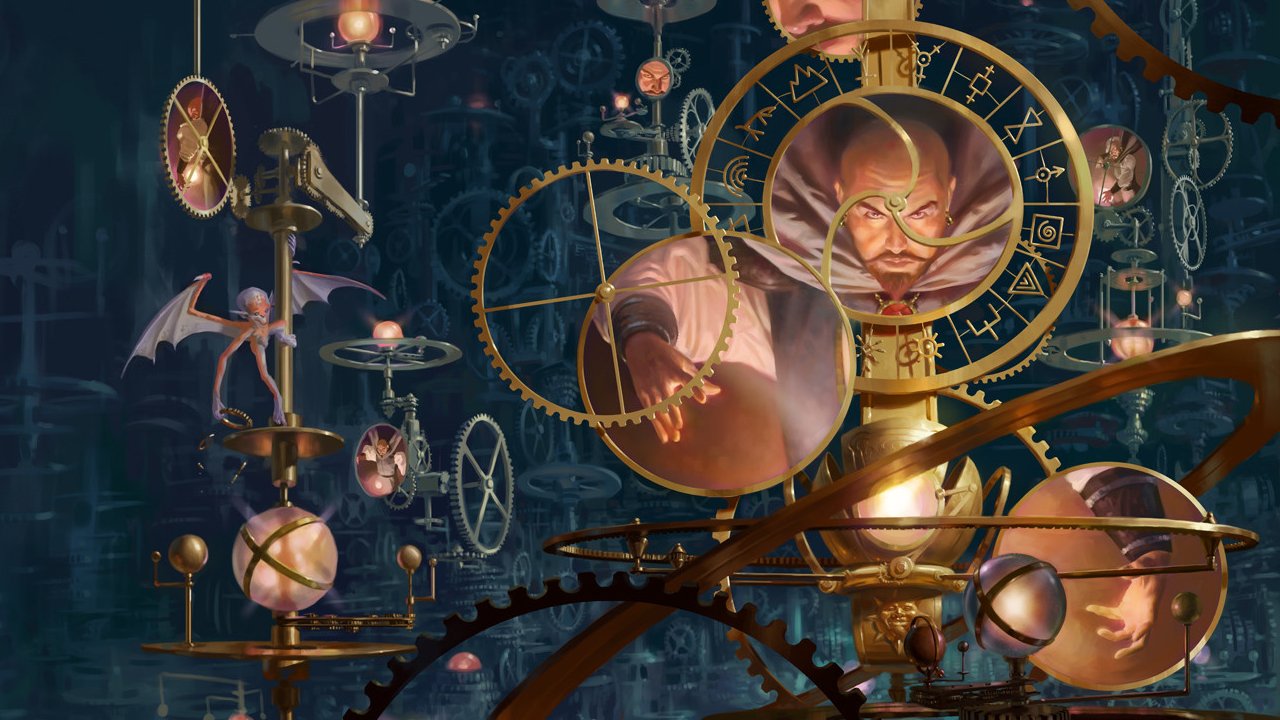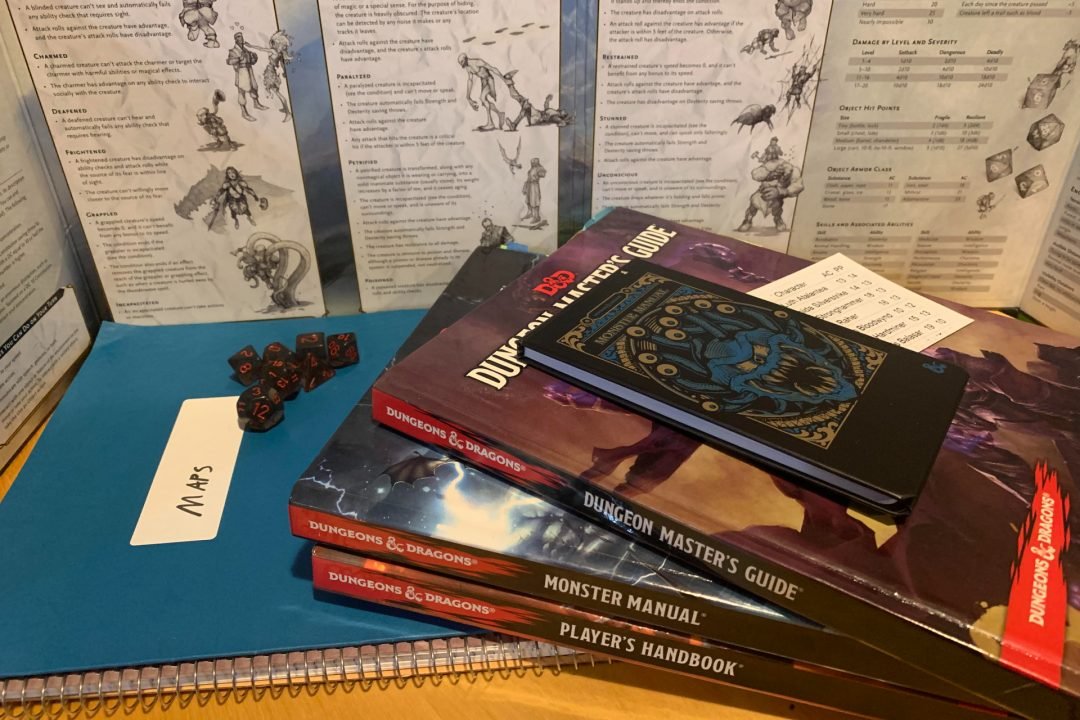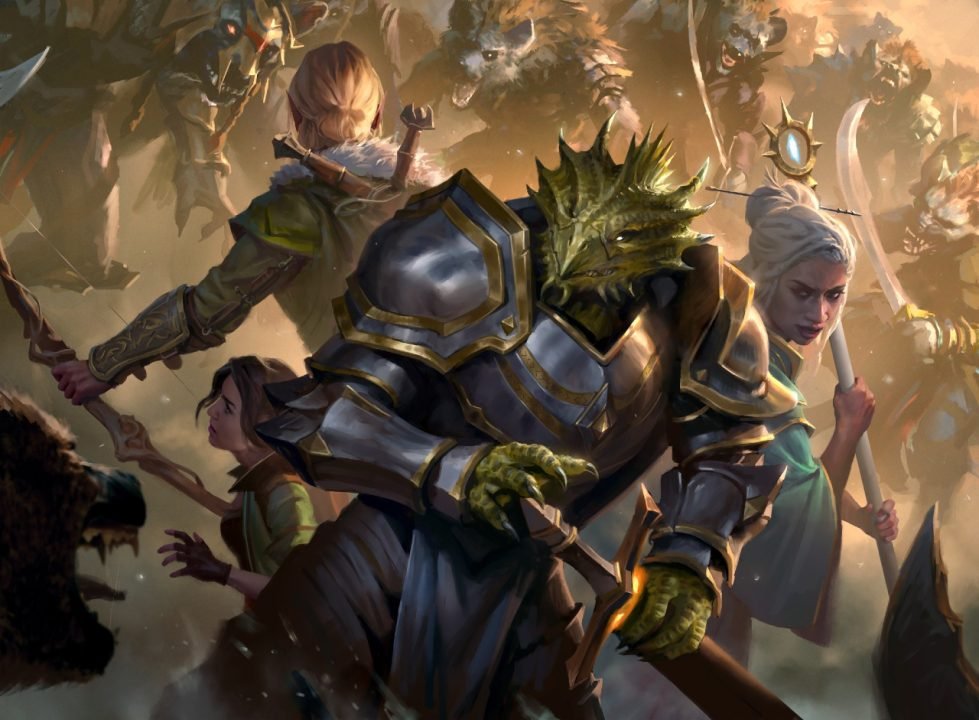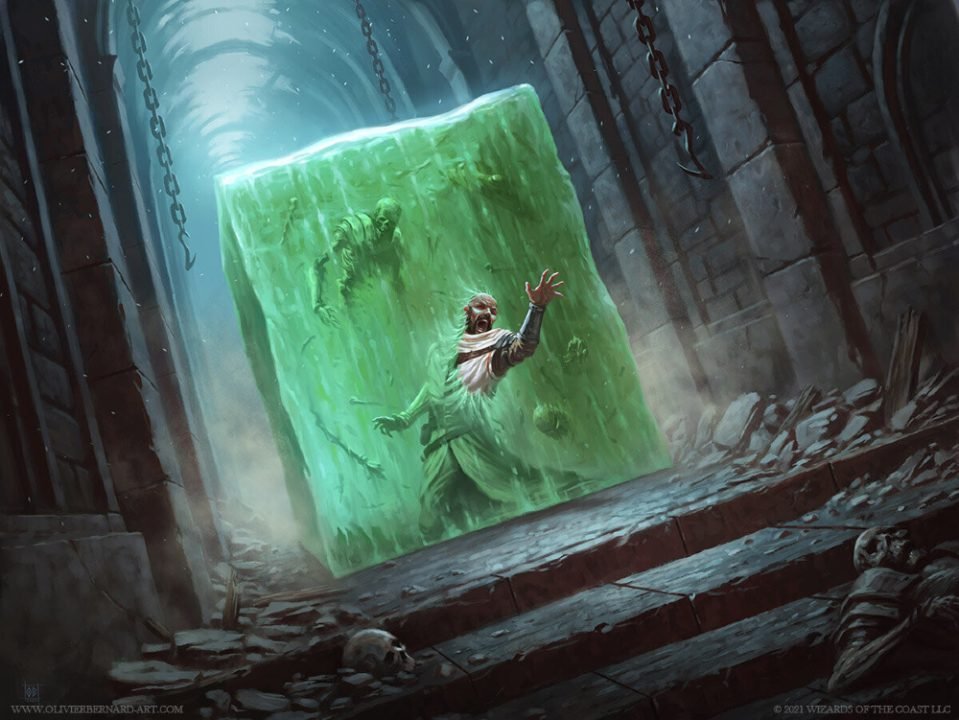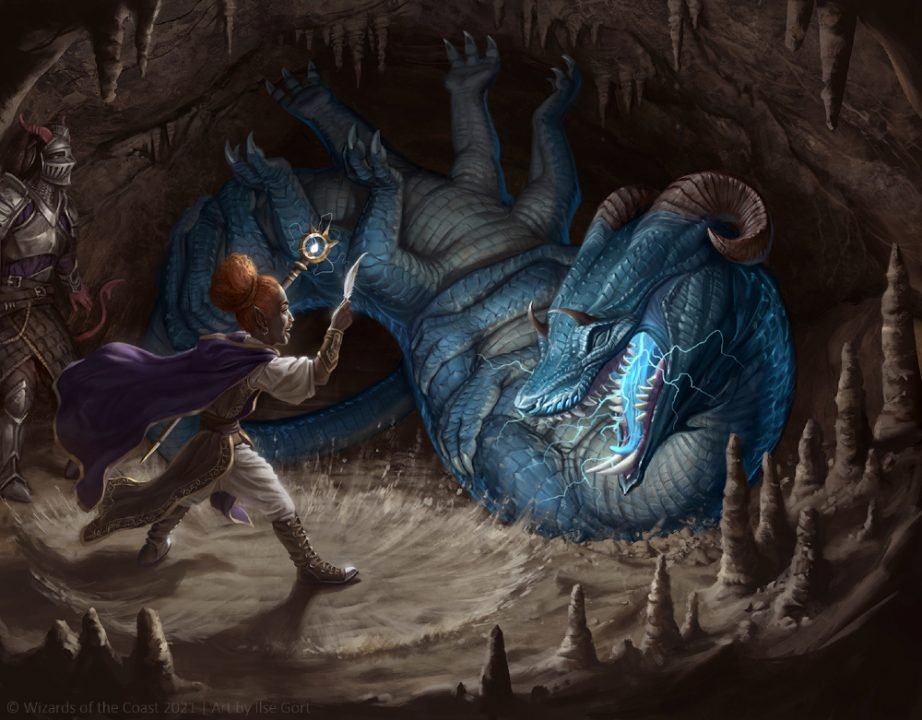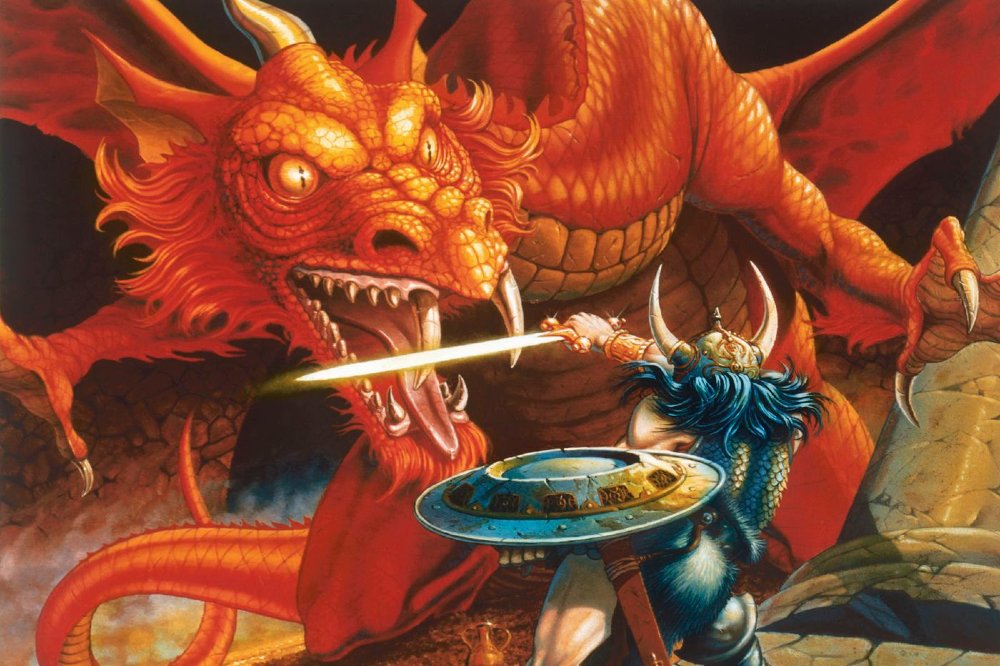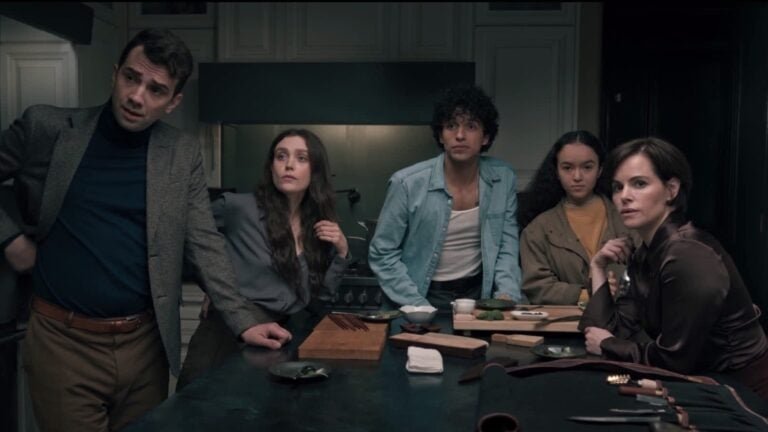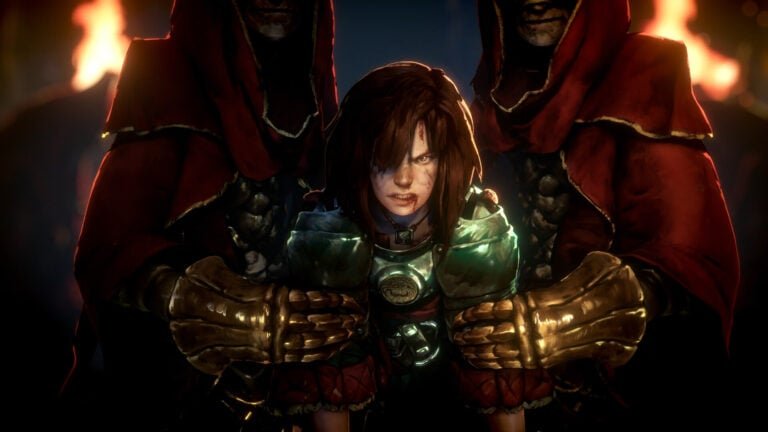Your players will surprise you. You may think you know every aspect of every room and encounter in your prepared adventure, but somebody will almost certainly catch you off-guard with a kooky or untraditional idea. And honestly, that can lead to some of the most memorable moments of Dungeons & Dragons. Be ready to improvise or fudge some rules.
The improv comedy world relies on the “yes, and…” philosophy; making up a scene together on the fly goes much smoother if each player accepts what another says (“yes”) then expands upon it (“and”). This same principle can be useful in roleplaying games. If the barbarian wants to try a reckless attack strategy and the party will go along with it, the Dungeon Master should say “okay, and here’s how this is going to play out.” Obviously if someone wants to do something that vehemently breaks the game or predetermined boundaries, you can shut that down politely. But most players will respond positively to having the freedom to do so instead of being planted firmly on rails.
If you can tell the players are about to derail the situation or get into territory you didn’t expect, try to think ahead while they’re having their own discussions, rolling dice, or so on. Sometimes you can improvise a hazard that steers them onto the right path, or throw an ambush at them. Sometimes those crazy ideas lead to serious ramifications as well, like if a paladin acts in a way that goes against their philosophies, maybe their patron god shows up next session to reprimand them or impart a quest for penance.
While running a premade one-shot mystery session, I had a player who basically steamrolled through all the investigation phase and coincidentally charged straight toward the Big Bad’s lair. To keep him from stumbling directly into the final encounter, I relocated the Big Bad and improvised a few changes to the story to justify why they weren’t in the “right place.” There was no good reason why the player couldn’t have just charged directly into the biggest building in town, so instead of saying “no, you can’t,” I rolled with it, and no one was the wiser.
